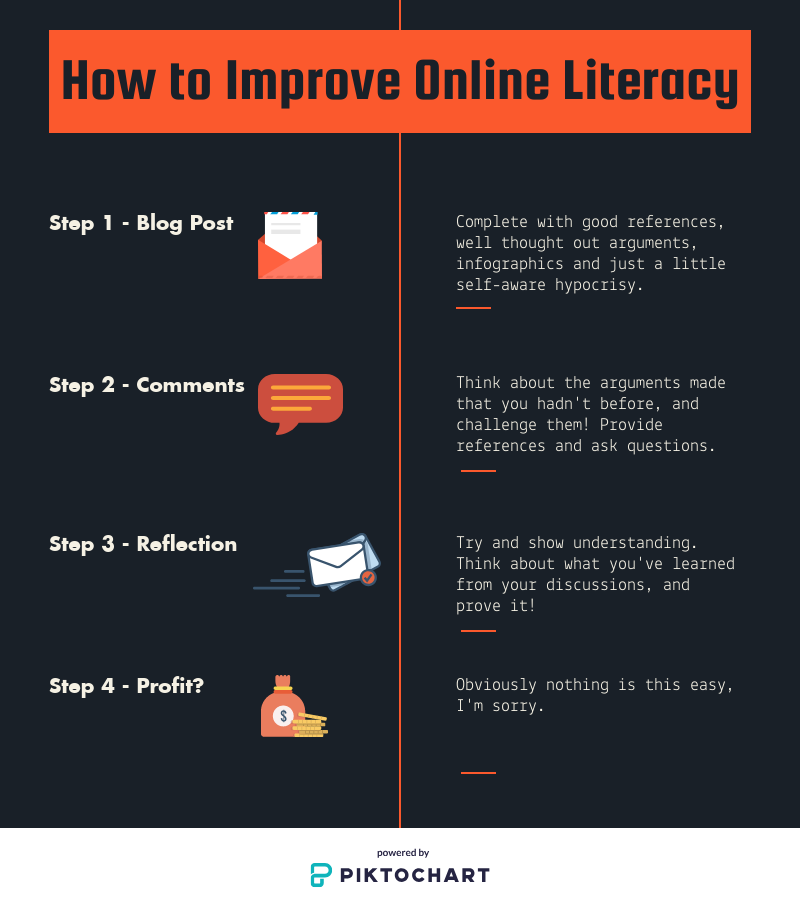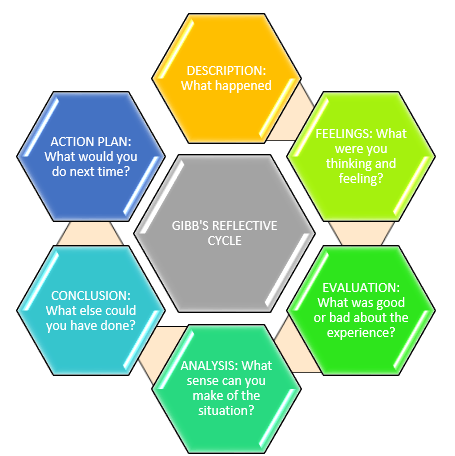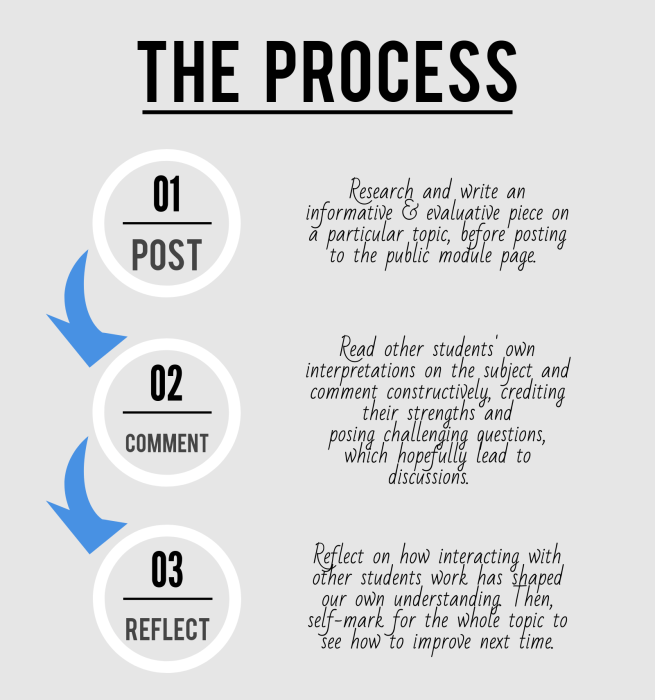
The Quieter You Are, The More You Are Able To Hear
“Our lessons come from the journey, not the destination.” (Don Williams Jr. 1968)
A common adage that is unhelpful at best, and incredibly irritating at worst, yet true nonetheless, particularly when the destination doesn’t exist in the typical sense. Sometimes setting goals for ourselves is easy and we have measurable achievements, but sometimes we undergo a process with no well defined endpoint: Learning.
Continue reading →










